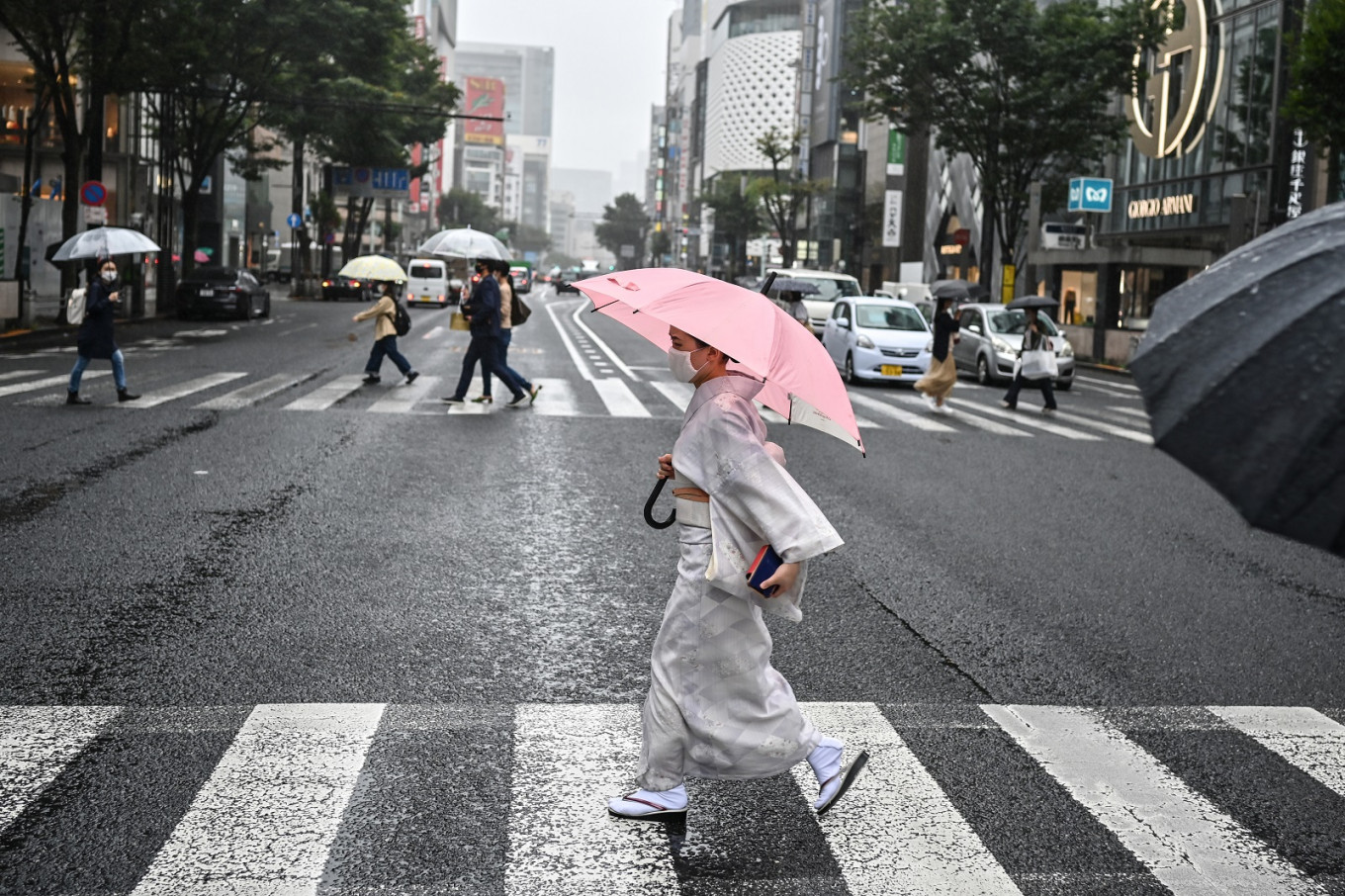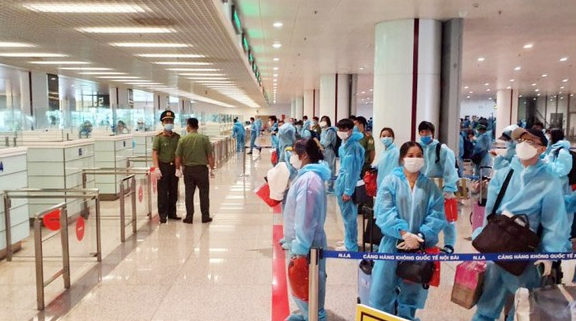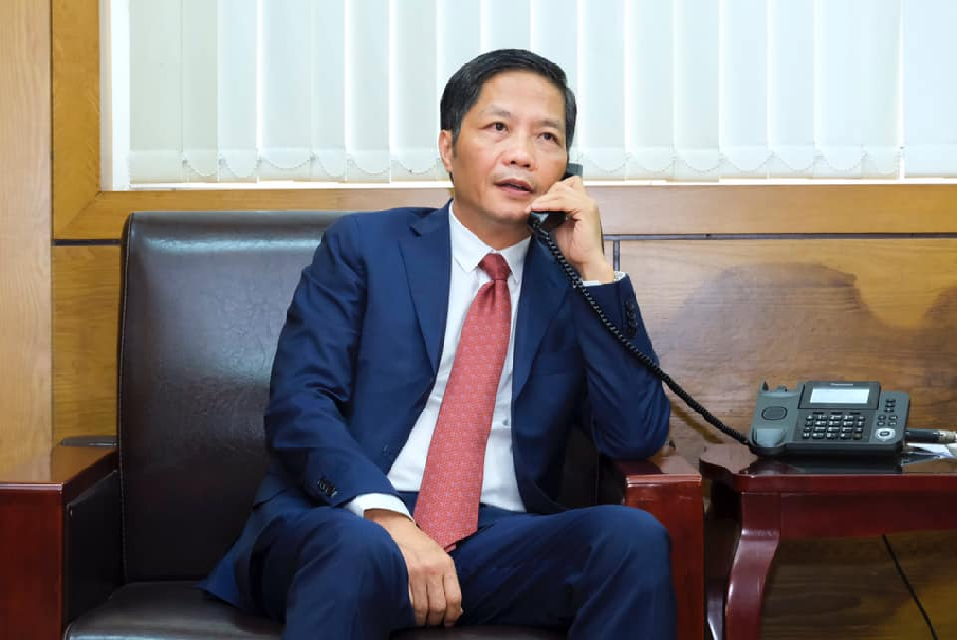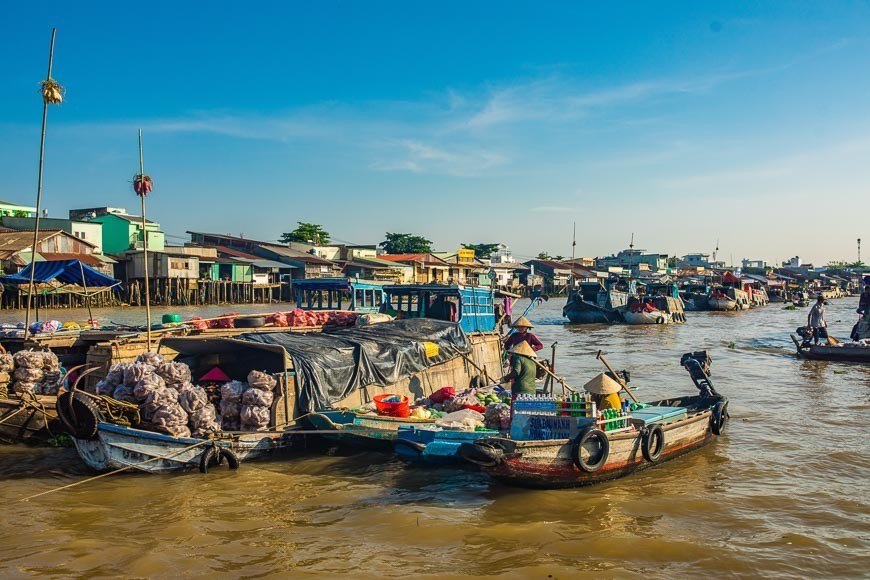Japan to lift entry ban on Vietnam from November
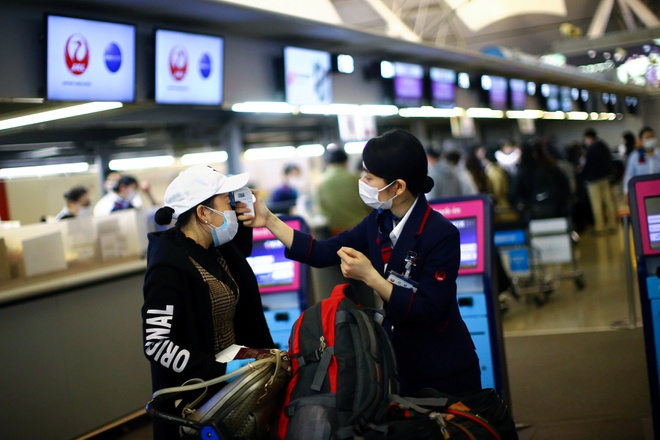 |
| China, the Republic of Korea, Taiwan (China), Australia, Brunei, New Zealand, Singapore, Thailand and Vietnam will be taken off the entry ban list. Photo: Reuters |
Japan will lift its entry ban on foreign travelers from nine countries and territories, including Vietnam, from November for non-tourist arrivals, government officials said on October 30, as it gradually eases COVID-19 travel restrictions in a bid to revive its battered economy.
China, the Republic of Korea, Taiwan (China), Australia, Brunei, New Zealand, Singapore, Thailand and Vietnam will be taken off the entry ban list, all of them having largely brought their outbreaks under control, the officials said.
Kyodo News said it is the first time Japan has lifted its entry ban on any country or region since it began putting parts of China, including Wuhan, where the coronavirus was first detected, on the list in early February.
Japan, however, continues to suspend visa waiver agreements with other countries and limit the issuance of new visas, meaning, in most cases, tourists will still not be able to visit.
The decision, made at a meeting of the government's coronavirus response task force presided over by Prime Minister Yoshihide Suga, was announced after the Foreign Ministry earlier in the day lowered its travel advisories for the countries and Taiwan from Level 3 to Level 2.
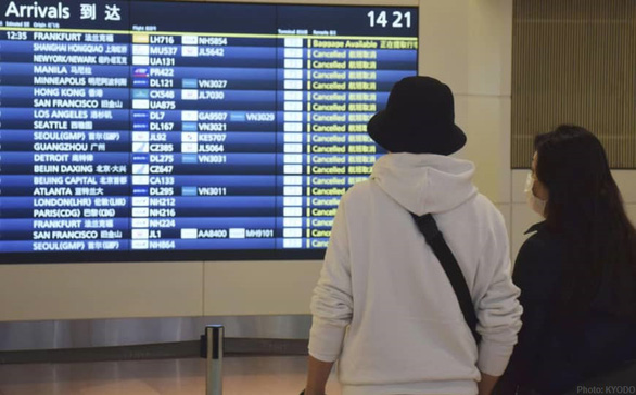 |
| Japan, however, continues to suspend visa waiver agreements with other countries and limit the issuance of new visas, meaning, in most cases, tourists will still not be able to visit. Photo: Kyodo |
In addition, Japan will ease its requirement for Japanese nationals and foreign residents returning from overseas trips to undergo a 14-day quarantine period, also from November 1.
Suga said the move was aimed at facilitating business activity, albeit on a limited scale, adding that his government would "prevent an explosive rise in infections at all costs" while leading the world's third-largest economy toward recovery.
To be eligible for the exemption, returning travelers will need a company or organization to assume responsibility for taking precautionary measures against spreading the coronavirus.
They will need to limit their overseas trips to within seven days, not including any quarantine period at the destination, and test negative upon their return. For the first 14 days back in Japan, they will also be asked to refrain from using public transportation and save their smartphone GPS data to aid in contact tracing.
The officials, meanwhile, said Myanmar and Jordan will be added to the list, bringing the total number of countries and regions covered by the entry ban to 152.
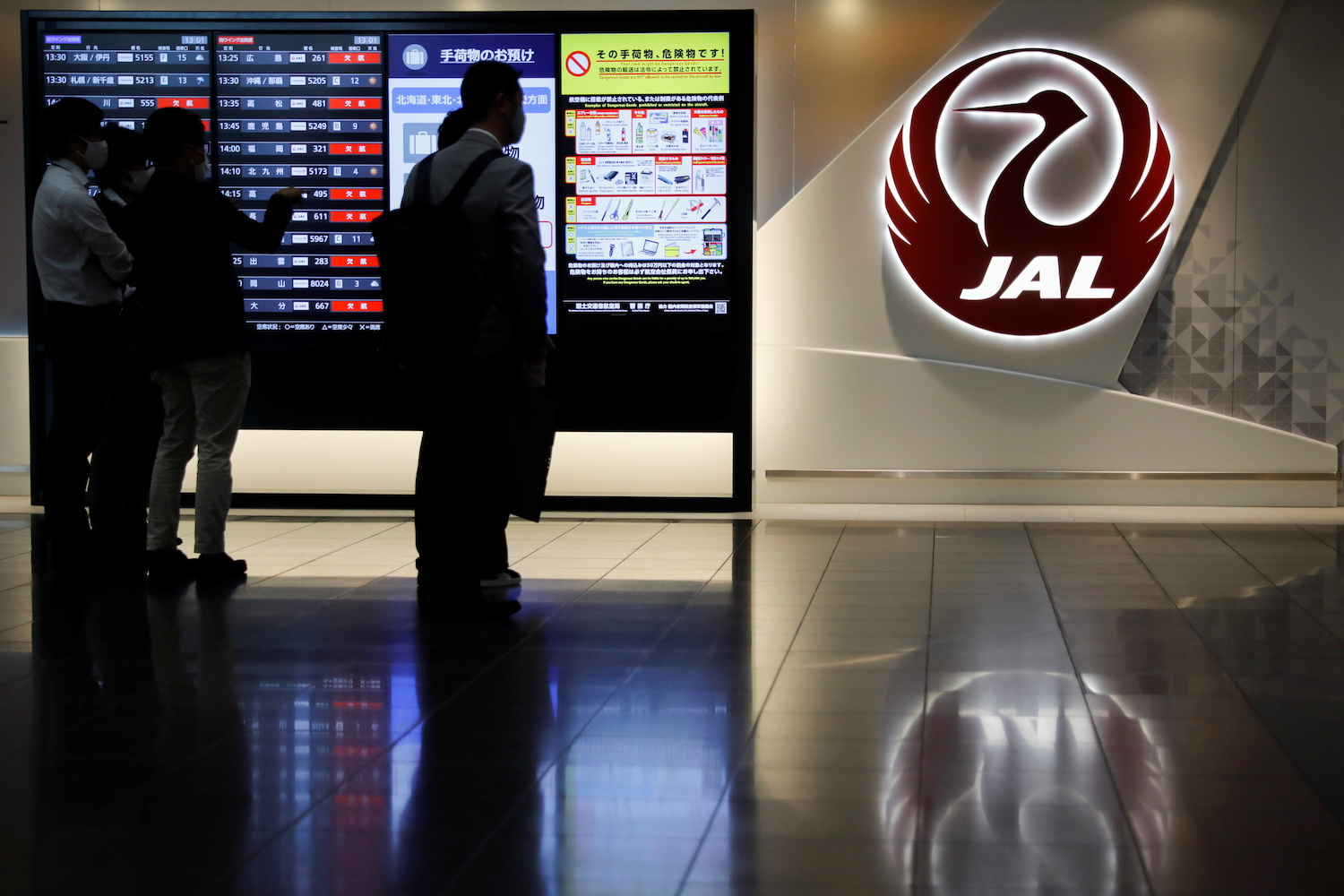 |
| Travellers study flight information at Haneda Airport in Tokyo on October 30. Photo: Reuters |
Foreigners without residential status who have recently been to any of these places will, in principle, be turned away, with some exceptions for humanitarian reasons.
Foreign Minister Toshimitsu Motegi announced the lowering of the travel advisories in a press conference on October 30, requesting citizens avoid nonessential trips to these areas, whereas the ministry had previously warned against all travel.
Separately, Japan eliminated another set of travel advisories it had issued for all countries and regions in March to alert travelers of the possible risks of becoming stranded on foreign soil due to tightened border controls and the imposition of lockdowns.
Vietnam became the third country Japan has resumed travel with for people on short-term business trips, following Singapore and the Republic of Korea.
Vietnam, Japan to roll out quarantine-free procedures for short-term entries from next month
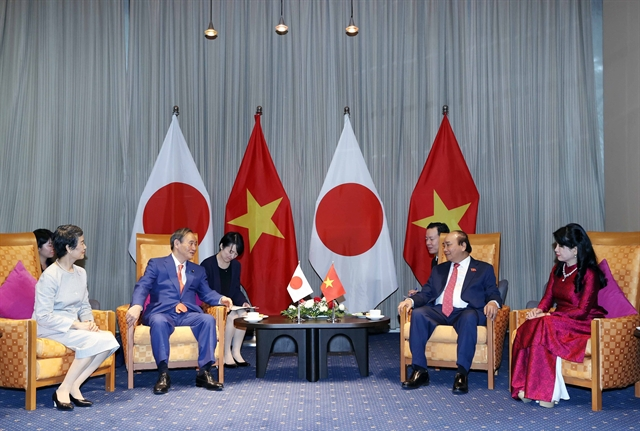 |
| Vietnamese Prime Minister Nguyen Xuan Phuc (right) and his visiting Japanese counterpart Suga Yoshihide had farewell talks before the latter left Vietnam for Indonesia earlier this week. Photo: VNA |
Vietnam and Japan have mutually agreed to implement an expedited arrival procedure, allowing certain groups from one country to enter another without undergoing mandatory 14-day quarantine on short-term visits.
The Vietnamese Ministry of Foreign Affairs on October 21 issued a press release regarding the procedure, which will take effect starting November 1, following an agreement reached during the official trip of Japanese Prime Minister Yoshihide Suga to Vietnam earlier this month at the invitation of Vietnamese Prime Minister Nguyen Xuan Phuc.
The Vietnamese foreign ministry noted that the procedure, called priority travel for short-term entries from Japan into Vietnam and “business track” for Vietnamese entering Japan, basically will waive quarantine requirement for people from either country who are going on trips shorter than 14 days for the purposes of investment, trade, diplomacy, official businesses or highly skilled workers.
However, prior to arrival, the entrant must obtain proof of negative tests for SARS-CoV-2 and still needs to be medically examined and monitored, Viet Nam News said.
Following the entry into Vietnam and Japan, the entrant will still have to be tested for the coronavirus, their health status will be frequently checked, and they could only engage in activities according to an agenda that has been registered and approved with the receiving host country’s authorities./.
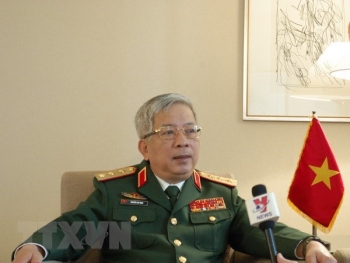 | Vietnam, Japan hold deputy defence minister-level phone talks Sen. Lieut. Gen. Nguyen Chi Vinh, Deputy Minister of National Defence, on June 10 held phone talks with his Japanese counterpart Nishida Yasumori. |
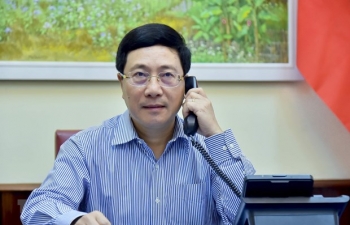 | Vietnam, Japan discuss COVID-19 fight, economic cooperation Deputy Prime Minister and Foreign Minister Pham Binh Minh on June 1 had phone talks with Japanese Foreign Minister Toshimitsu Motegi to discuss collaboration in ... |
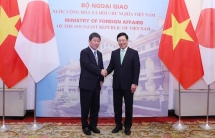 | Vietnam, Japan agree to further enhance political trust Deputy Prime Minister and Foreign Minister Pham Binh Minh and Japanese FM Motegi Toshimitsu expressed their delight at the impressive development of the Vietnam – ... |
Recommended
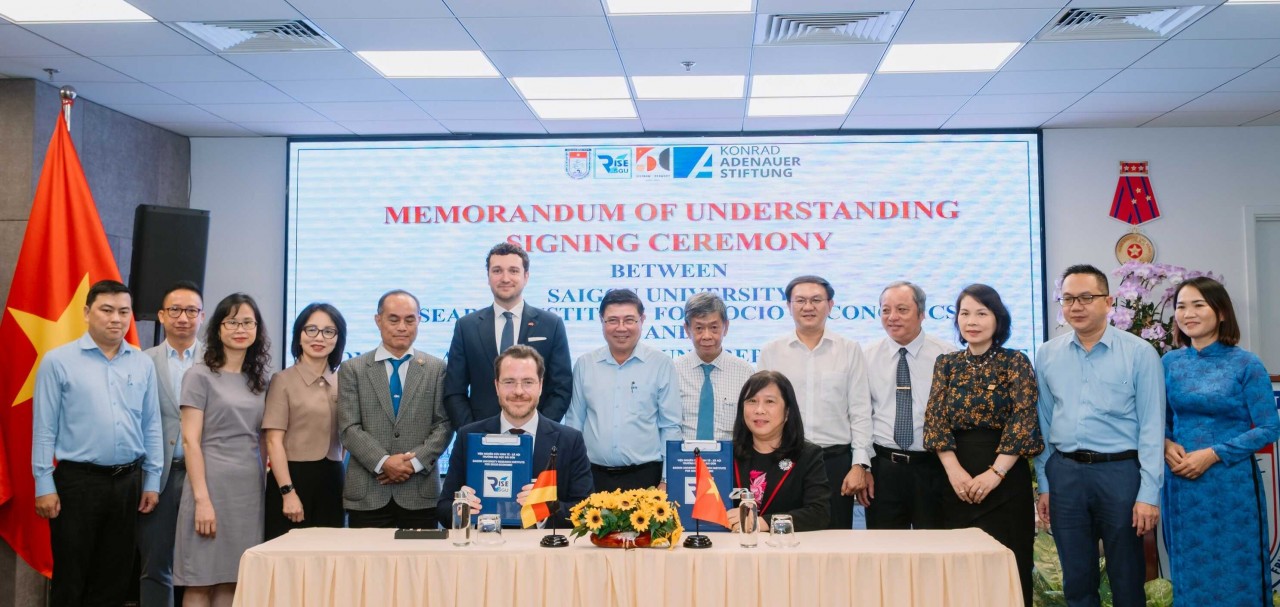 Friendship
Friendship
Another Vietnamese University Partners with Germany’s Konrad Adenauer Stiftung
 Friendship
Friendship
Over 200 Vietnamese and Russian Children Join “Red Scarf Of Friendship”
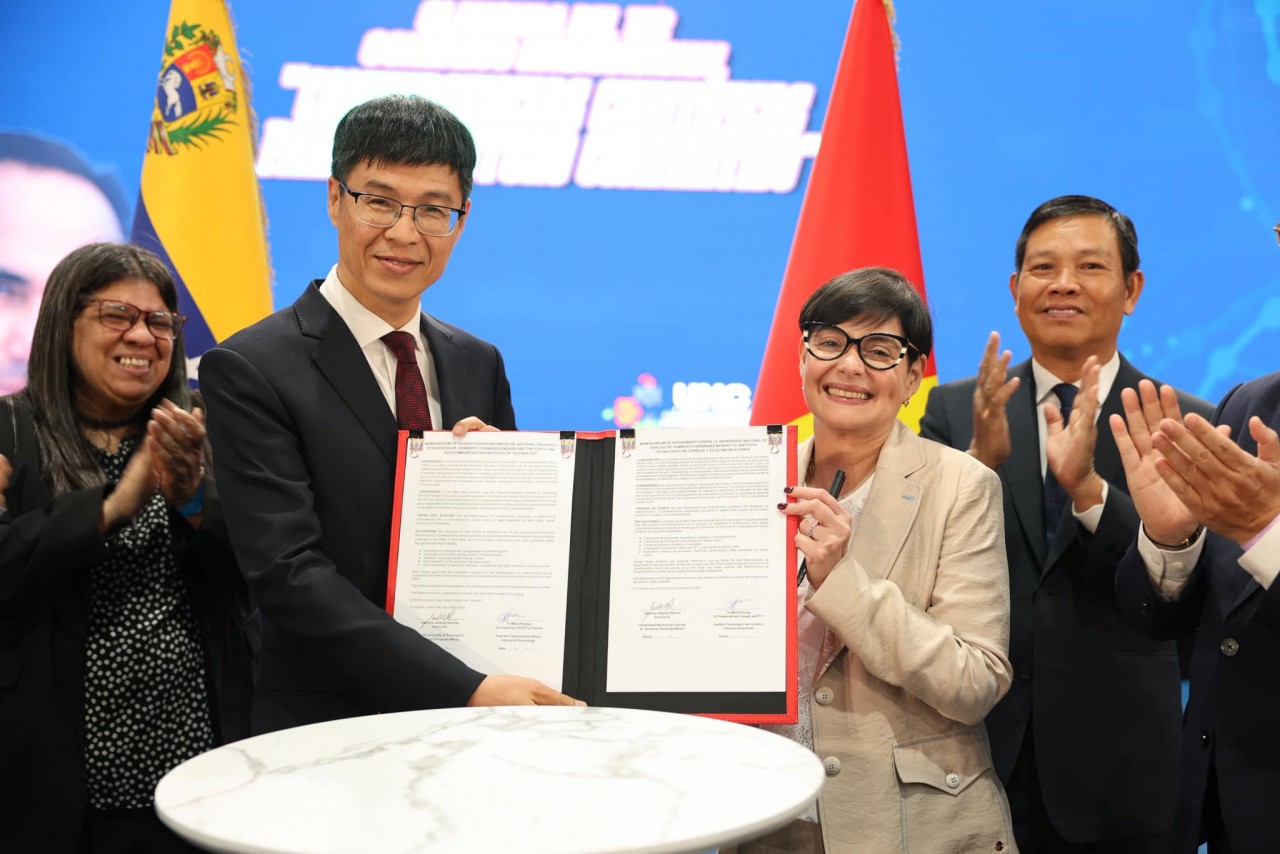 Friendship
Friendship
Venezuela Seeks Vietnam’s Expertise in Science and Technology
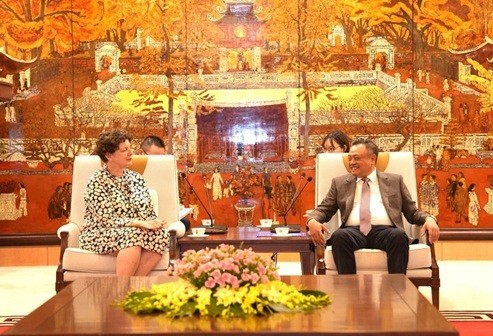 Friendship
Friendship
Diverse Activities to Celebrate the 50th Anniversary of Vietnam - Germany Diplomatic Relations
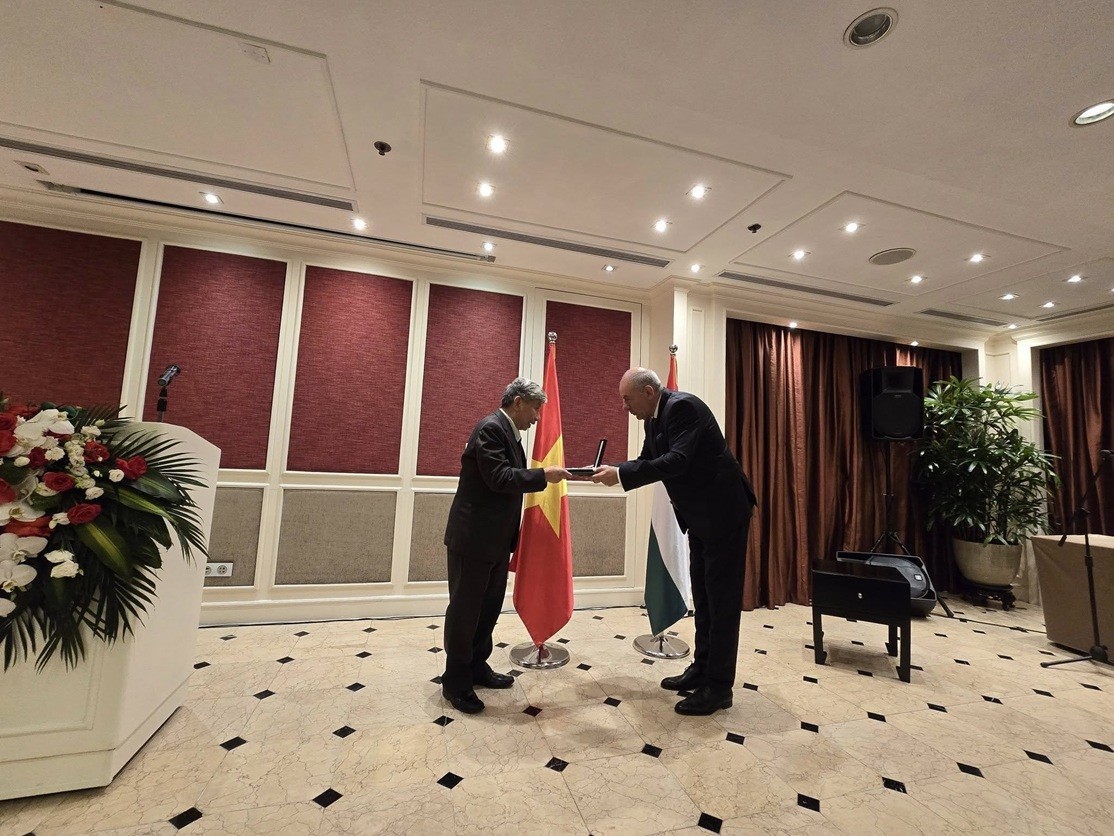 Friendship
Friendship
Dr. Vu Hoai Chuong Receives Hungary's Knight Cross Order
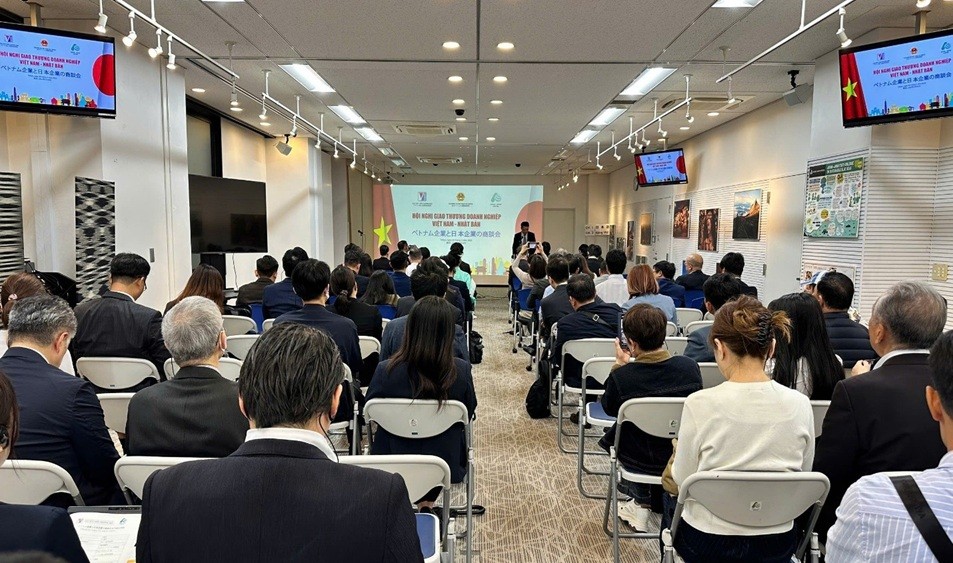 Friendship
Friendship
Promoting Vietnam - Japan Economic Cooperation
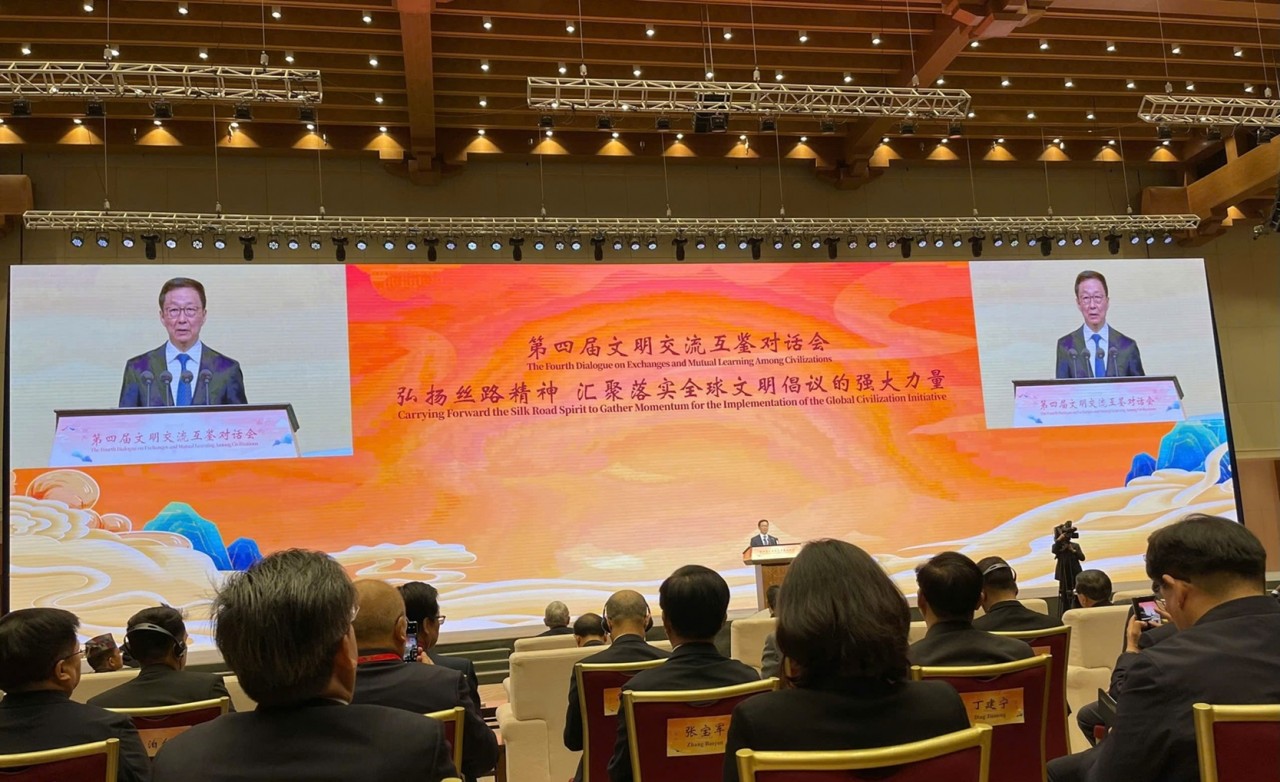 Friendship
Friendship
VUFO Attends Fourth Dialogue on Exchange and Mutual Learning among Civilizations
 Friendship
Friendship

